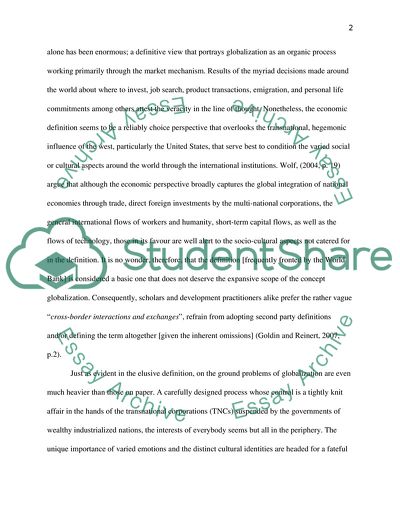Cite this document
(Globalization: A Force behind the Worlds Crises Coursework - 7, n.d.)
Globalization: A Force behind the Worlds Crises Coursework - 7. https://studentshare.org/macro-microeconomics/1801077-globalisation
Globalization: A Force behind the Worlds Crises Coursework - 7. https://studentshare.org/macro-microeconomics/1801077-globalisation
(Globalization: A Force Behind the Worlds Crises Coursework - 7)
Globalization: A Force Behind the Worlds Crises Coursework - 7. https://studentshare.org/macro-microeconomics/1801077-globalisation.
Globalization: A Force Behind the Worlds Crises Coursework - 7. https://studentshare.org/macro-microeconomics/1801077-globalisation.
“Globalization: A Force Behind the Worlds Crises Coursework - 7”. https://studentshare.org/macro-microeconomics/1801077-globalisation.


